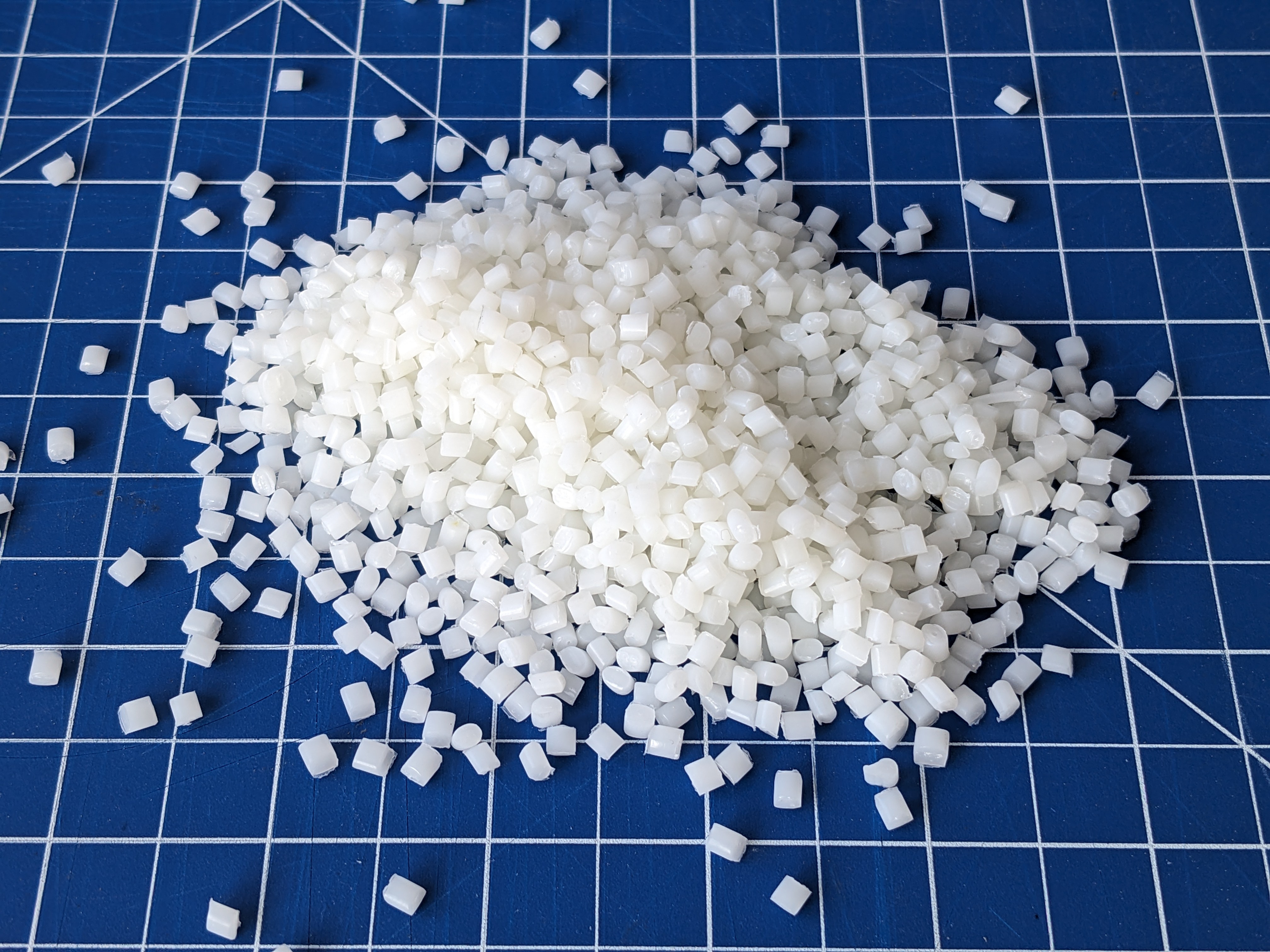Bio-based polybutylene succinate (PBS) is a promising development on the road to more sustainable plastics. Thanks to chemical recycling, recycled PBS now also achieves the quality of virgin material.

In the quest for more sustainable thermoplastics, polybutylene succinate (PBS) is considered one of the most promising developments within the bioeconomy. The bio-based material is also biodegradable within a reasonable period of time and can reduce the amount of microplastics entering the environment in the long term. However, in order to achieve broader market penetration, bioplastics such as PBS and PLA must also be recycled.
Conventional mechanical recycling is possible for these to the same extent as for conventional plastics. The processing of regrind with proportions of up to 20 percent by weight can be implemented without difficulty in the injection moulding process and blown film production. However, the loopPBS project is taking developments further. Here, work was carried out on chemical/biotechnological methods that recycle already used PBS completely, energy-efficiently and in a resource-saving manner. The Fraunhofer IAP and Fraunhofer IZI-BB team has now demonstrated for the first time that chemically recycled PBS material can achieve the quality of virgin PBS. This was successfully implemented in the production of blown films and injection moulding.
Further information can be found at https://www.funktionsintegration.de/en/high-performance-center.html